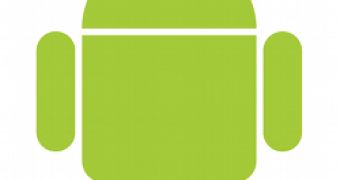The star of the show of the first day of the Google I/O 2011 conference was clearly Android. Google made plenty of announcements, none of them earthshaking, though, but also revealed how the platform is doing and some future plans.
Google provided some updated numbers on Android adoption. The company boasts that there are now 100 million activated Android devices, 400,000 new Android devices activated every day, 200,000 apps in Android Market and that 4.5 billion applications have been installed from the Market to date.
While its success is undeniable, there are still plenty to fix about the platform and Google is doing something about it.
The company has finally addressed one of the biggest issues plaguing the Android platform, fragmentation. Hardware manufacturers regularly customize the version of Android they install on their devices and can take their sweet time releasing updates.
"The Android ecosystem has been moving really fast over the last two and a half years and rapid iteration on new and highly-requested features has been a driving force behind Android’s success. But of course that innovation only matters if it reaches consumers," Hugo Barra, Director of Product Managment for Android, wrote in a blog post digesting the first conference day.
"So today we’re announcing that a founding team of industry leaders, including many from the Open Handset Alliance, are working together to adopt guidelines for how quickly devices are updated after a new platform release, and also for how long they will continue to be updated," he announced.
Google has partnered with several carriers and manufacturers to ensure that all Android devices get updates in a timely fashion and that all devices are supported for at least 18 months after their release. Verizon, HTC, Samsung, Sprint, Sony Ericsson, LG, T-Mobile, Vodafone, Motorola and AT&T are part of this new agreement.
Others may follow after the fact. It's clear that Google put pressure on its partners to get this done. Initially, Google needed manufacturers and carriers to get behind Android so it cut them a lot of slack.
But the platform is very strong now and is clearly emerging as the leading mobile operating system. Google has a lot more leverage today than two years ago when it launched Android and this enabled the company to get its partners in line.
Ultimately, this is good news for consumers. While some manufacturers have provided updates for their devices, most did so quite late. What's more, some devices launched with already obsolete Android versions and others never got any updates. All of this should change with the launch of Ice Cream Sandwich, the next major version, sometime towards the end of the year.

 14 DAY TRIAL //
14 DAY TRIAL //